“I never stopped to think about whether hard work worked for me”
Author and TED Talks speaker Ellie Middleton says we’ve been tricked into doing life in hard-mode
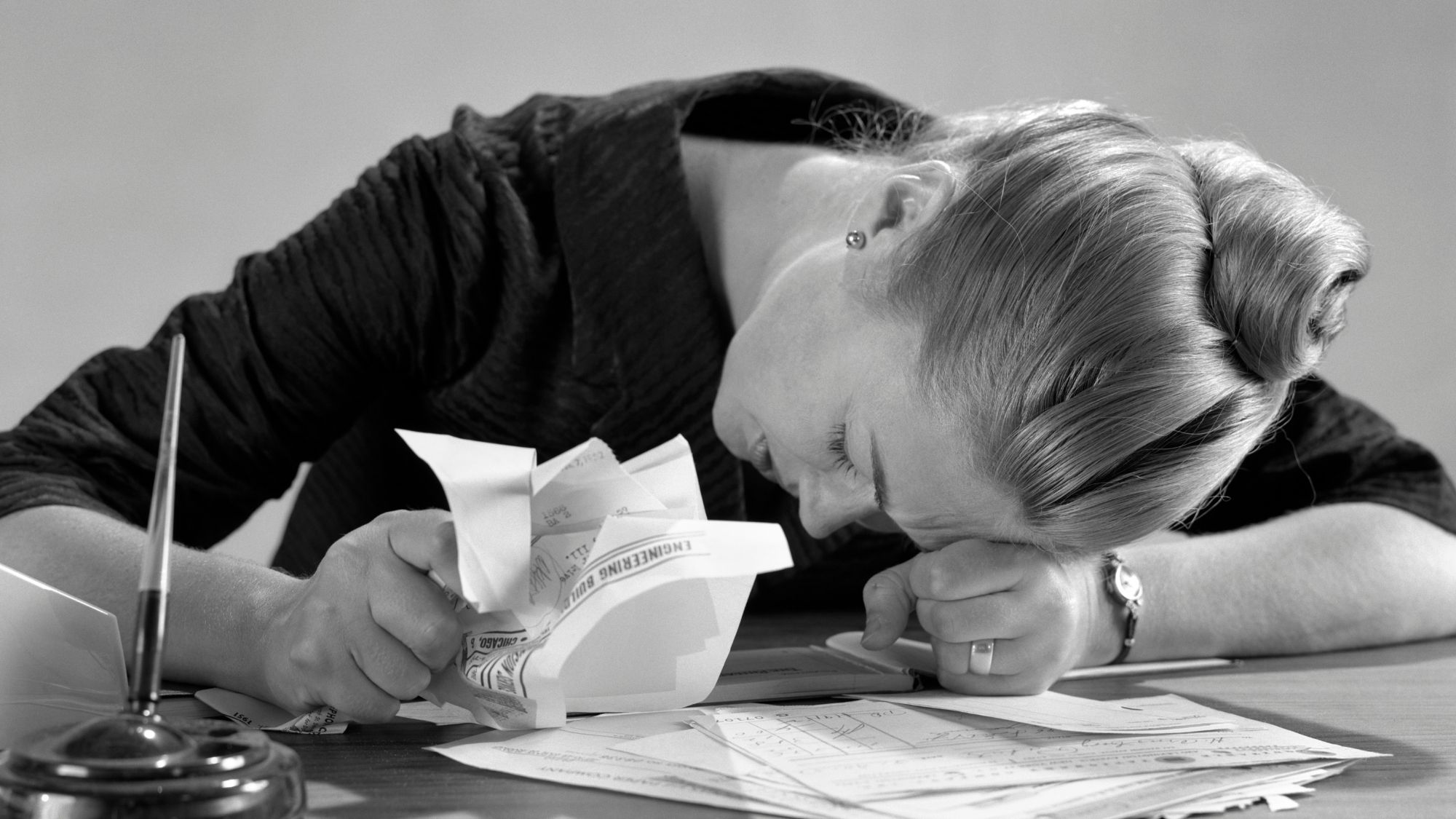
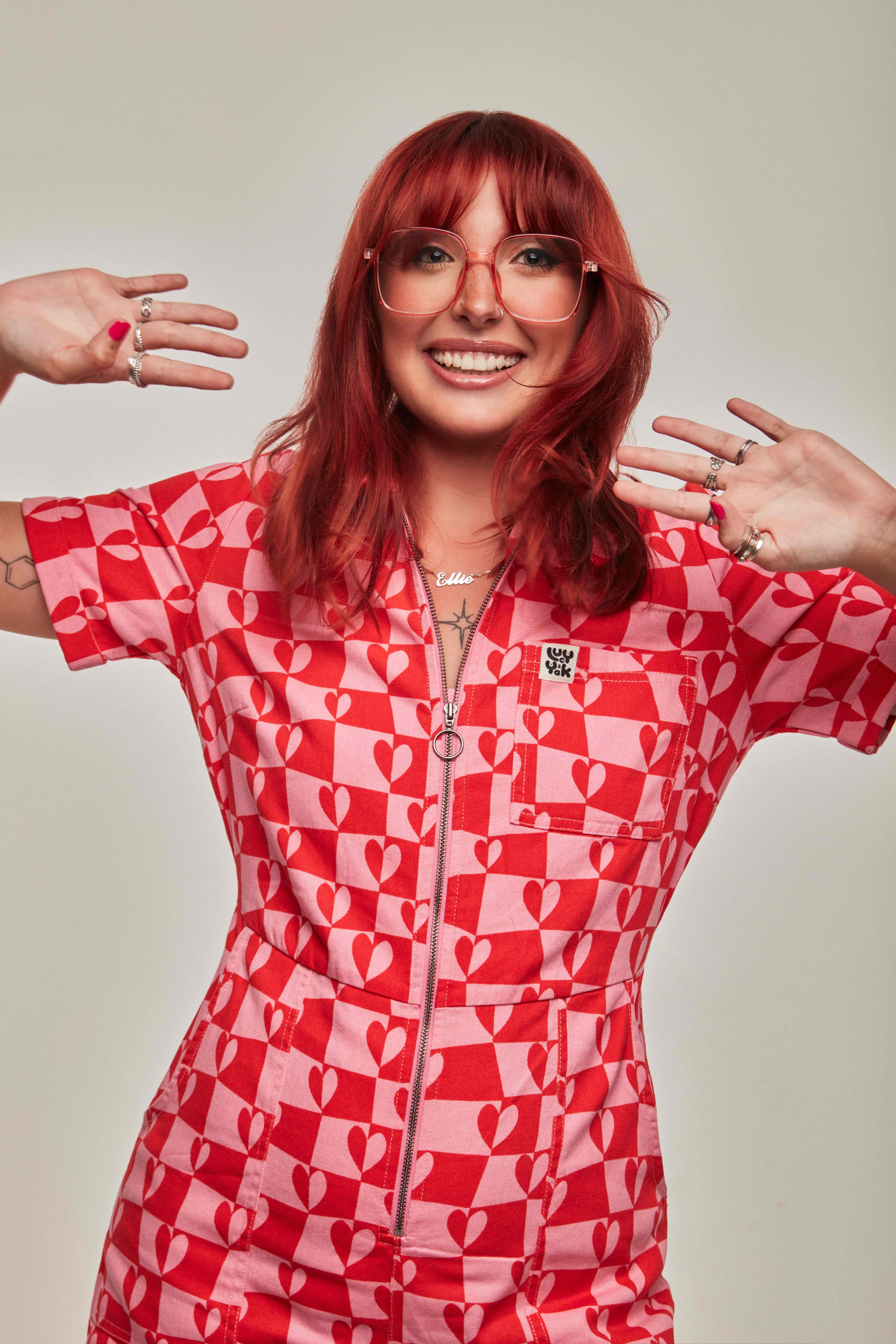
Growing up, I was taught that if you want anything in life, you’ve got to work hard for it. Sayings like “Don’t take the easy way out” and “Hard work beats talent when talent doesn’t work hard” are bandied around from the moment we start achieving things and repeated at every opportunity. From exams and extracurricular activities to university, apprenticeships, full-time jobs, and side hustles, we're taught hard work is the only way.
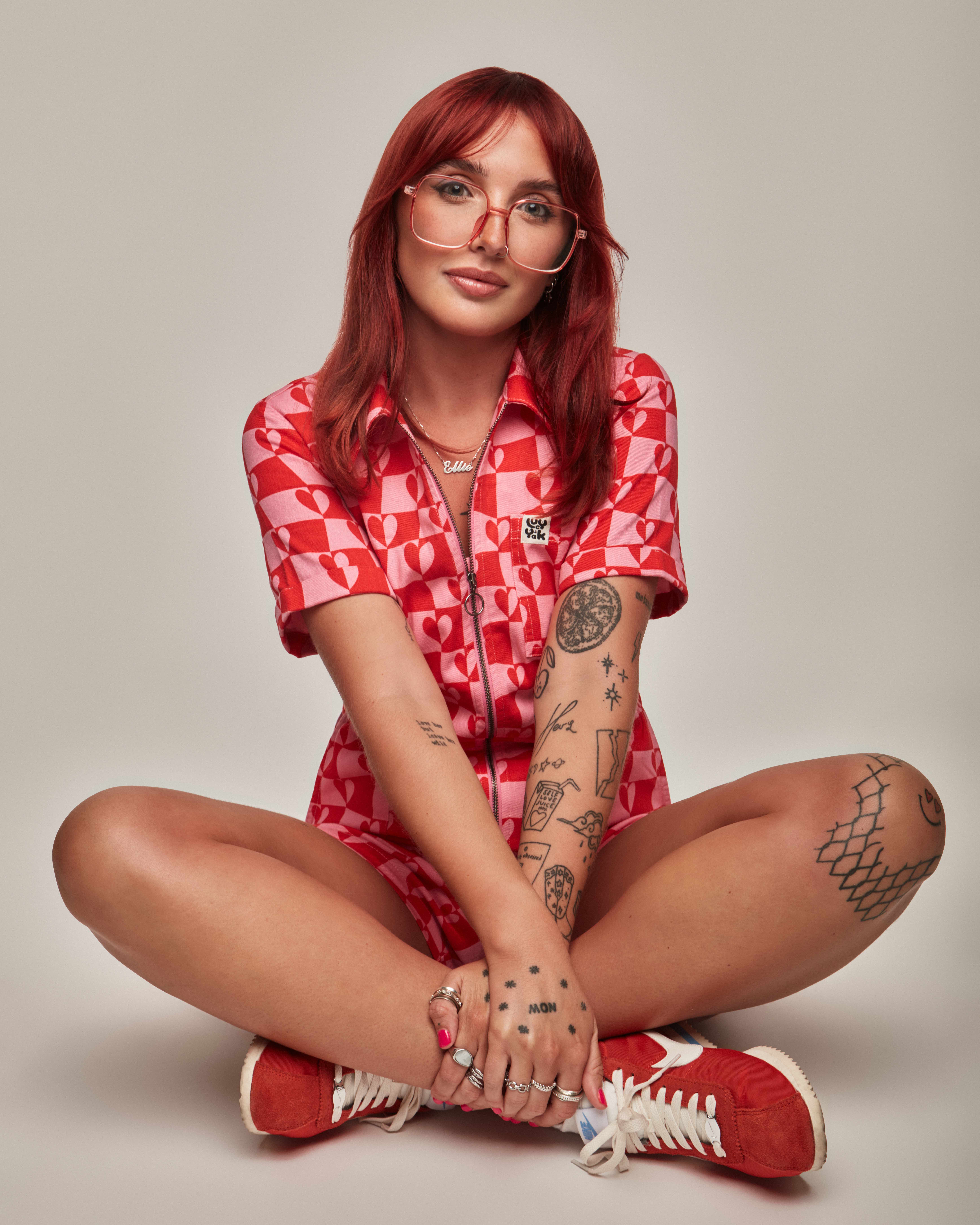
Ellie Middleton
Whether we’re motivated by dreams of a lovely house, the promise of happiness, or the fear of what will happen if we don’t keep working at full capacity, we spend our lives grafting, sure that this effort will be rewarded.
Until recently, I never stopped to think about whether hard work worked for me, or questioned the expense of the hard work versus the “rewards”, because, well, I was too busy working hard.
Is this hard work really worth it?
Then, one day, a tiny seed was planted in my head, one that felt dangerous and devious to consider: “Is this hard work really worth it?”
By 24, I’d cycled through multiple mental breakdowns and spent a quarter of my life on antidepressants. I was so scared of stopping because every time I did, my hard work seemed to catch up with me and I'd spiral into exhaustion and a mental health crisis. I felt as though I was stuck on a treadmill, but I was still sure that this hard work would pay off someday soon. And then, after getting diagnosed with both autism and ADHD and spending an awful lot of time reassessing things, it came to me: Instead of killing myself on this treadmill, I could just… step off it.
I could stand on the sides and take a breather. The world wouldn’t end if I stopped. And, when I needed to get moving again, I could take the treadmill at a much slower pace and without the steep incline that I had been battling against my entire life.
I could let go of hard work. I could do things in a way that worked for me, and at a pace that worked for me. I could find ways of working with my brain rather than against it. In life, there are thousands of “shoulds” imposed on us every day. You “should” do it this way, you “should” achieve these things, you “should” be able to manage this, and you “should” feel this way while doing it. You might not have noticed them because they’re so frequent and far and wide. Or, like me, you might feel the weight of them bearing down on you every day. One of the silliest “shoulds” I’ve fallen for is the idea that the only path worth taking is the difficult one. We have been tricked into believing that struggle, difficulty, and sheer hard work are a rite of passage and that anything we do to make things easier for ourselves is ‘cheating’ or ‘lazy’.
Marie Claire Newsletter
Celebrity news, beauty, fashion advice, and fascinating features, delivered straight to your inbox!
“Hiring a cleaner is so lazy!” Or, maybe it’s a smart decision for somebody who has identified that they don’t have the time themselves. “Using pre-cut veggies? What are you, a child?!” Nope, just an intelligent adult who has realised that food prep is a challenge and that she’ll be getting the same amount of nutrients from her meal whether or not she chopped the carrots herself. “Listening to an audiobook? That doesn’t count as proper reading!” - Actually, it does, you’ll still get the exact same ending.
Why is it that making life easier for ourselves is seen as cheating? Shouldn’t the point of life be to find ways of making it as easy and enjoyable for ourselves as possible?
So why not try it? Why not say “sod it” to hard work, so long to burnout, and cheerio to struggle. Instead, start the day with “Hello to making as many things as possible as easy as possible and doing things in a way that suits me.”
How to be You: Say Goodbye to Should, Would and Could So That You Can by Ellie Middleton is out now.

Ellie Middleton is an activist, speaker and writer committed to breaking taboos and empowering neurodivergent people to thrive in and out of the workplace. She is the founder of (un)masked, a community for neurodivergent people and author of the smash-hit UNMASKED. How to Be You is her second book.
-
 Prince Harry's "proud" words about wife Meghan Markle are going viral
Prince Harry's "proud" words about wife Meghan Markle are going viralBy Jenny Proudfoot
-
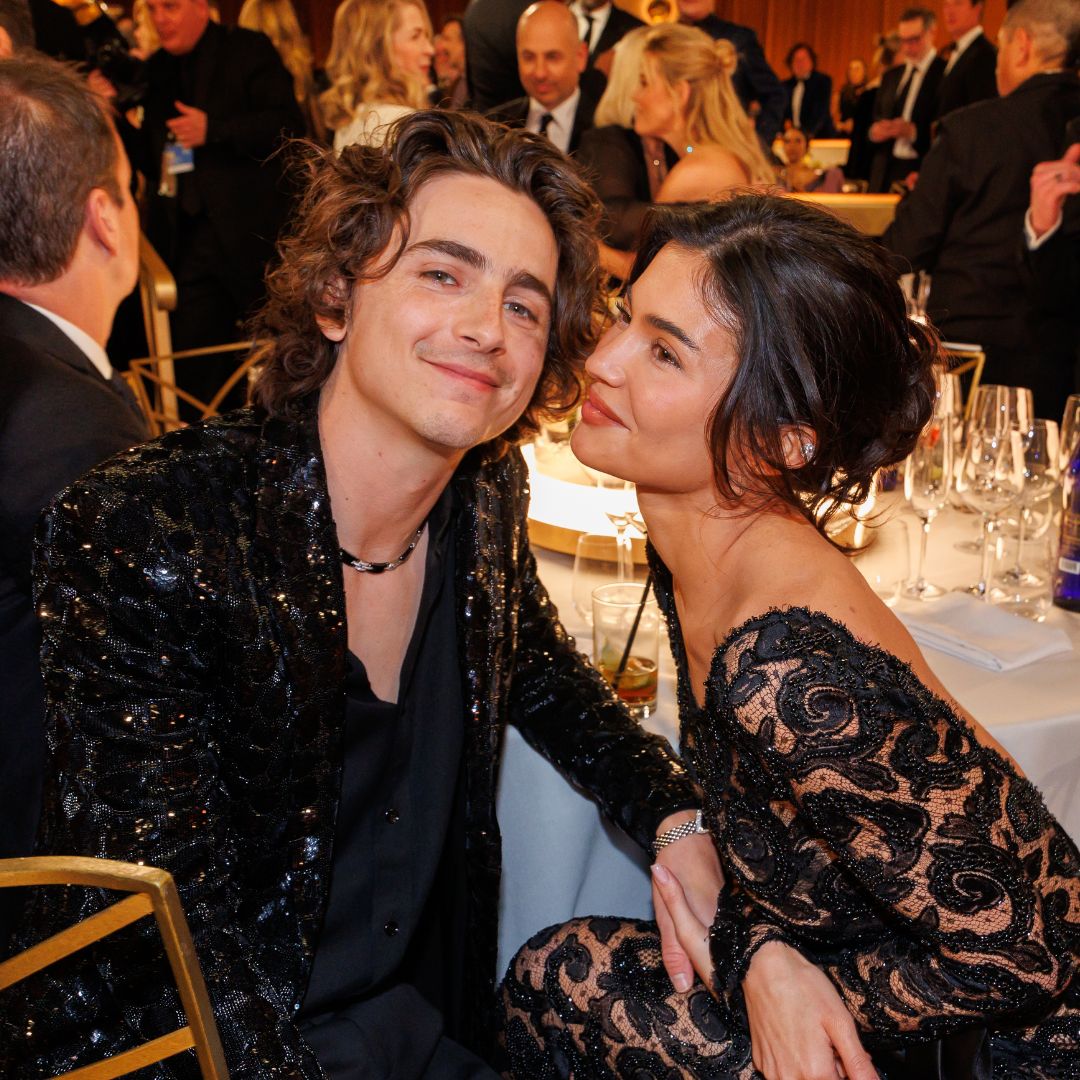 Sources have opened up about Timothée Chalamet and Kylie Jenner's "intense" start to the year
Sources have opened up about Timothée Chalamet and Kylie Jenner's "intense" start to the yearBy Jenny Proudfoot
-
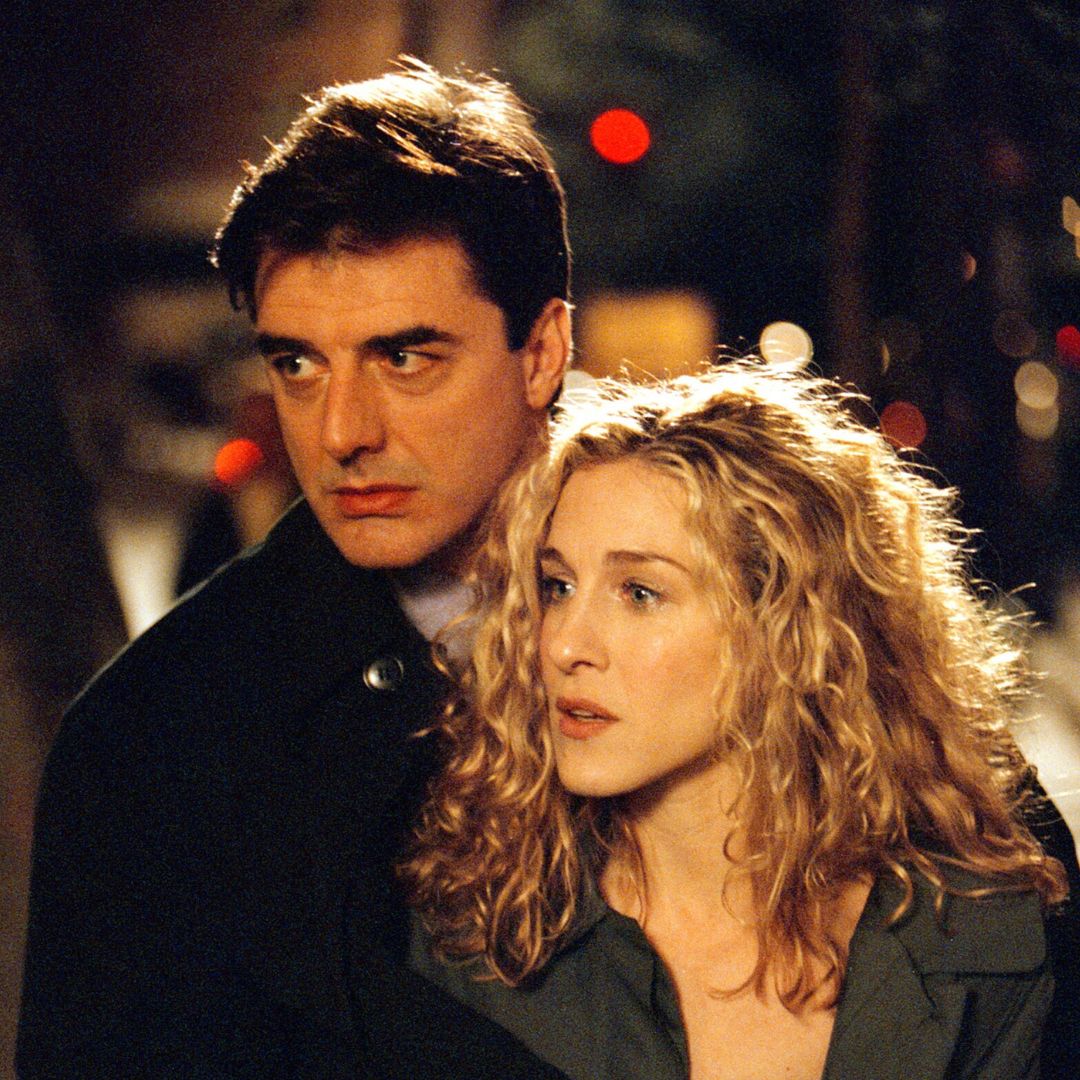 Two Hollywood actresses were offered the role of Carrie Bradshaw before Sarah Jessica Parker
Two Hollywood actresses were offered the role of Carrie Bradshaw before Sarah Jessica ParkerBy Jenny Proudfoot